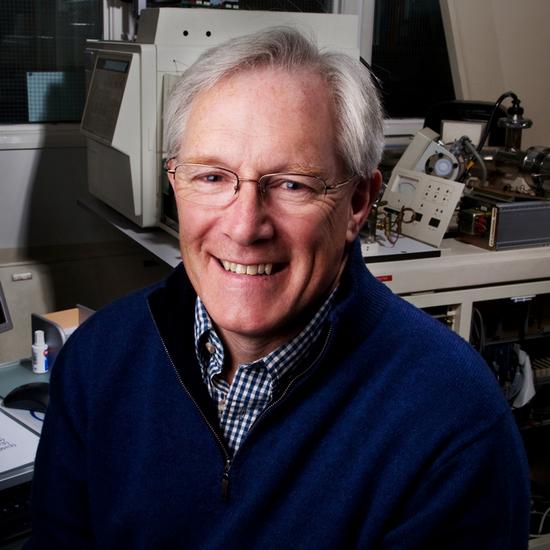Richard Evershed uses innovative techniques to analyse archaeological finds and reveal a ‘chemical fingerprint’ that sheds light on the animals hunted — and plants farmed — by ancient humans. His work is providing fascinating insights into how diets evolved as humans migrated away from the Middle East nearly 11,000 years ago.
Using chromatography and mass spectrometry techniques, Richard separates and identifies trace ‘biomolecules’ found in ancient pots and other artefacts. He then compares results from different periods and locations in human history to show how diets have changed. By applying his methods to fossils and ancient soils, Richard is discovering new information about prehistoric animals and the Earth’s past climate.
Richard is enthusiastic about promoting public understanding of his work, participating in interactive exhibitions, podcasts, public talks and interviews with the media. He has received awards for his work, including the Royal Society of Chemistry’s Interdisciplinary Award and the Aston Medal of the British Mass Spectrometry Society.
Subject groups
-
Patterns in Populations
Organismal biology (including invertebrate and vertebrate zoology), Ecology (incl behavioural ecology), Environmental biology, Biological Anthropology
-
Earth and Environmental Sciences
Agricultural and forest science, Soil science, Climate sciences, Geodesy
-
Chemistry
Chemistry, organic, Chemistry, applied, Chemistry, biological
-
Molecules of Life
Molecular microbiology
-
Cell Biology
General microbiology (incl bacteriology and virology)

